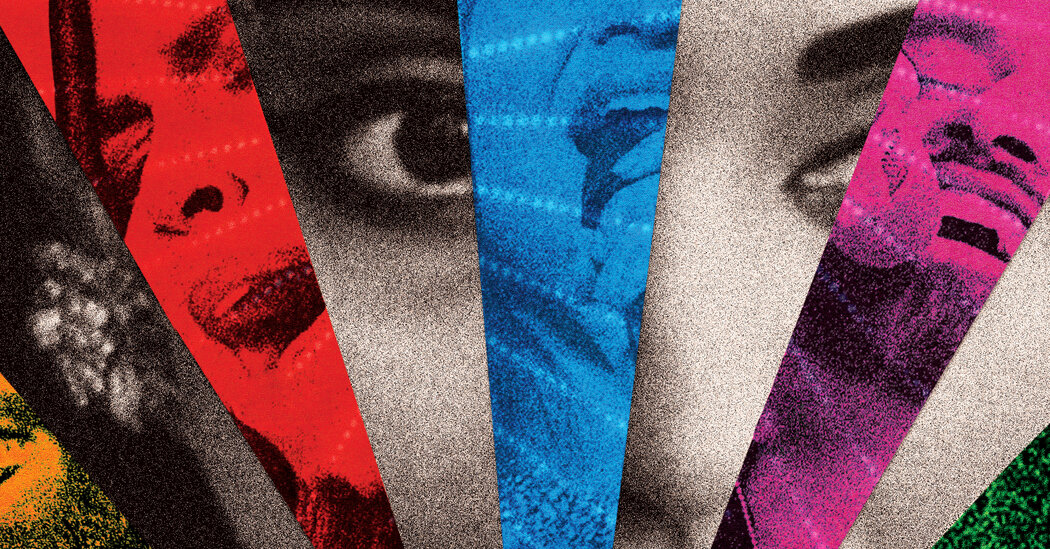
Every family has its archetypes, so here’s mine: My dad and my brother and I are all miserable. None of us are quick to experience joy, and all for different reasons — my dad is irritable, my brother is anxious and I’m bitter. The three of us combined could make one moderately unwell person. Instead, we are planets that orbit a sun more optimistic than we could ever be, and we hope that some of that shine rubs off on us periodically.
My mother believes in a positive ethos: that things invariably will improve, that everyone is trying their best, that it’s better to be surprised by harm than anticipating it all the time. In April 2023, I was laid off from my job, and she reassured me immediately. “Everything always works out,” she said. But for the first time, I noticed a slash of worry run across her face. It looked as if she was losing her radiance.
I later learned that my mother had been hiding something important from my brother and me for a month: She’d had a biopsy to determine if she had breast cancer. Within weeks of her 69th birthday, she had a lumpectomy. The doctors told her she would need an exhausting surgery, and then exhaustive radiation. For a little under a year, she went through treatment, and steadily she changed — she became sour, nihilistic and impenetrably dark, just like the rest of us. I had never seen it before, and I didn’t know what to do with it other than try to change her mind. Who was this woman? Every few weeks I’d fly home to find my mother again.
Cancer robbed my mom of most pleasures. Food was rendered tasteless at best and inedible at worst; she’d push a plate of cheese and crackers away like a child, pantomiming vomiting at every meal. Radiation gave her brain fog, so it was challenging for her to follow along in a book or a movie. She didn’t find anything on TV funny anymore. She didn’t find me very funny either. She was morose and weepy no matter what the day looked like. In her displeasure, she found only blips of joy. Rummy after lunch, a heating pad on the breast, wearing a mastectomy bra that I lied about and said was given to me free in order to avoid arguing about the cost. But nothing brought her consistent pleasure like the Hindi version of “American Idol.” New episodes aired twice a week, and we would record it and watch after dinner. Only during “Indian Idol” was she upright, eyes peeled, singing along.
I was grateful for the absence of conflict. We tuned in to a world where everyone was a winner.
Having just wrapped its 14th season, “Indian Idol” has been on since 2004 and has aired 179 episodes. On the South Asian TV channel my parents paid a premium for (“This,” I used to grumble as a kid, “but not Cartoon Network?”), reruns seemed to play daily, for months. “How come no one is getting kicked off?” I asked my mom after seeing the same contestants on the show for three weeks straight. “Oh, it takes a while,” she said, which was a big deal. It was always a big deal when she spoke at all. “Everyone always seems to get the same number of votes.”
